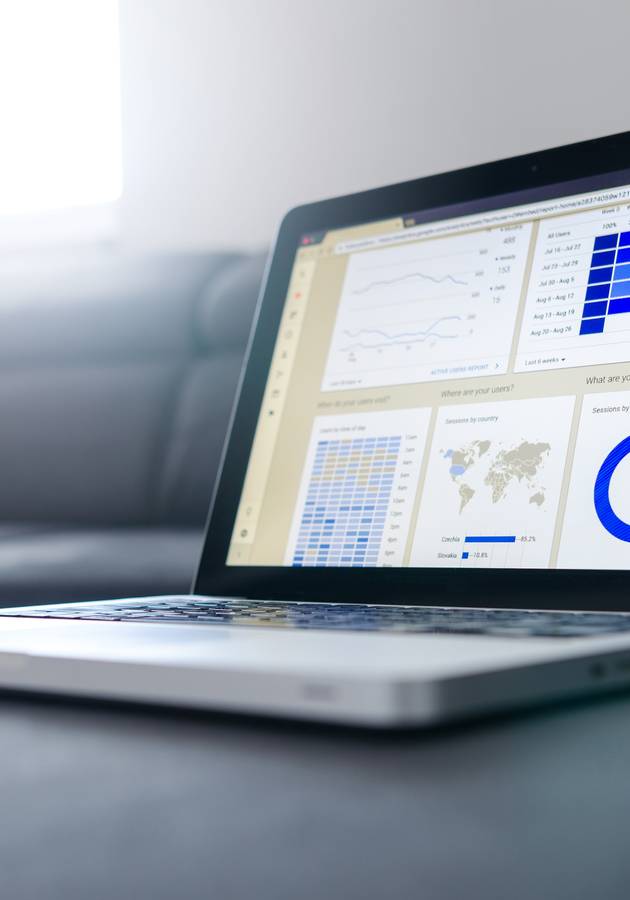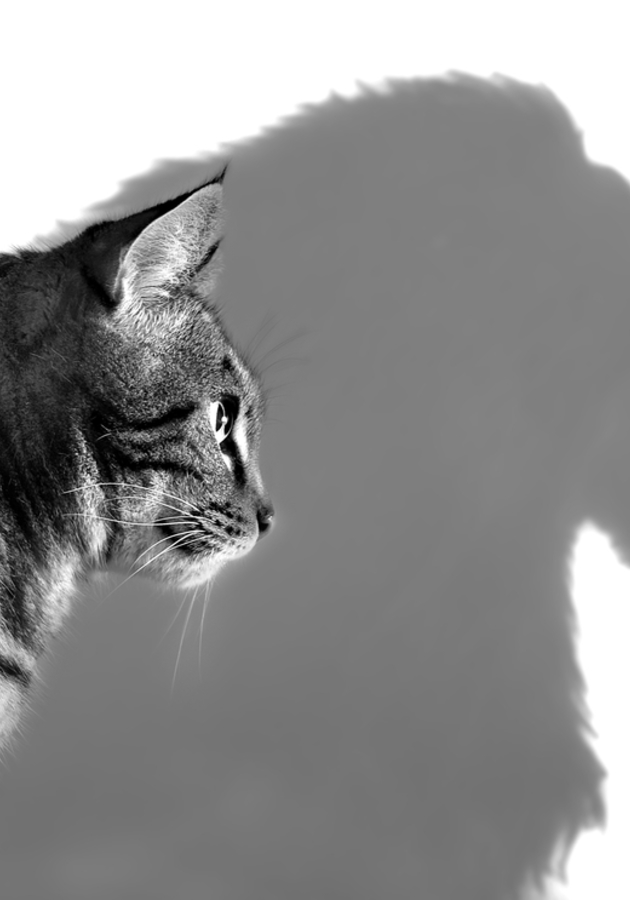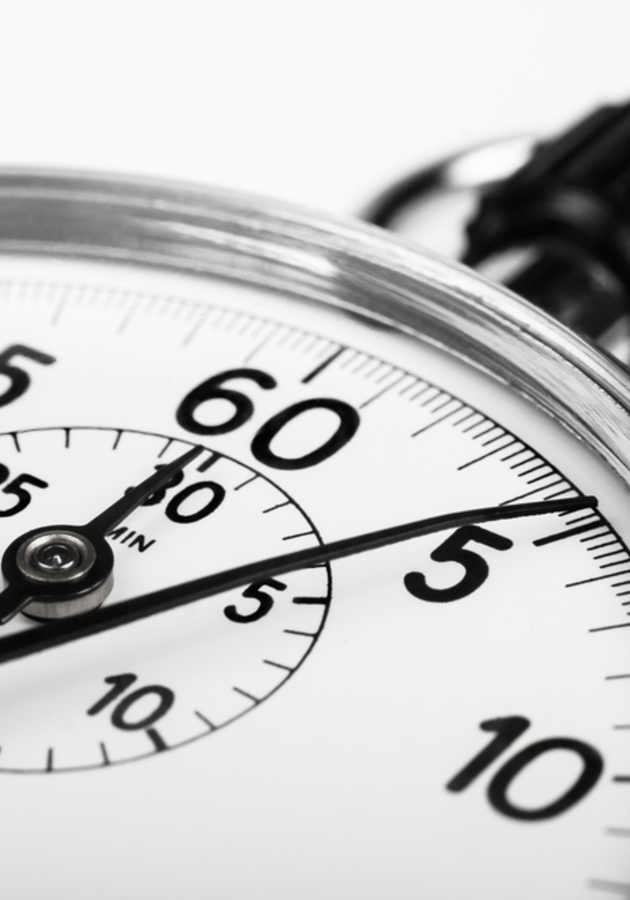If you have ever had any kind of conflict with another person, there is a good chance that at least one of you was unwilling to admit that you were wrong and made a mistake. “Mistakes Were Made (But Not By Me): Why We Justify Foolish Beliefs, Bad Decisions, and Hurtful Acts” by Carol Tavris and Elliot Aronson discusses this very issue. So, get ready to learn why it is so hard for us to own up to our mistakes, and why we must do so in order to grow!
Why 2e can’t (or won’t) admit our mistakes
Whether in politics, business, or personal interactions, people tend to justify their actions instead of just admitting when they did something wrong. In a conflict, we generally tend to see ourselves as right and the other person as wrong. There is a difference, however, between “self-justification” and “lying or making excuses.” The difference is that self-justification is just lying to ourselves. As the authors explain: “That is why self-justification is more powerful and more dangerous than the explicit lie. It allows people to convince themselves that what they did was the best thing they could have done. In fact, come to think of it, it was the right thing.”
Because justifying things to ourselves “minimizes our mistakes and bad decisions,” we have blind spots which result in seeing others as hypocrites, but not ourselves. Most of us do not do this knowingly or with malice, but, as the authors put it, doing so “allows us to create a distinction between our moral lapses and someone else’s and blur the discrepancy between our actions and our moral convictions.” So, if we have a certain set of values but go against those values in our actions, we make ourselves feel better about these actions by finding ways to justify them.
A major element that contributes to how we justify our own actions is memory. The authors say it is never objective, but rather “pruned and shaped with an ego-enhancing bias that blurs the edges of past events, softens culpability, and distorts what really happened.” These memories change in our minds over time to the point where we believe the lies we have told ourselves. This has happened with countless presidents and political figures, who often say things that are untrue (or half true) enough times that they end up really believing them. This can be dangerous, particularly for those in power, because at a certain point they become “impervious to self-correction” because they believe they are the only ones who know the truth.
The authors’ goal in writing this book is to help us better understand “the inner workings of self-justification” and people’s seemingly bizarre actions and excuses for them. In the end, it will help us answer the question we often ask, “How in the world can they live with themselves?” The answer is, “Exactly the way the rest of us do.” We all use self-justification to one extent or another, to keep ourselves sane. But, of course, this can go too far, and affect every aspect of our lives and the world. Once we have a deeper understanding of how all this works, we will have an easier time owning up to our missteps.
How cognitive dissonance helps us justify our actions
The central component of self-justification is called cognitive dissonance. This often unpleasant feeling is “the energy that produces the need to justify our actions and decisions - especially the wrong ones.” It is the state of tension in one’s mind when they have two beliefs or ideas that are completely opposed to each other. For example, knowing that smoking is bad for your health, but doing it anyway. As you might imagine, constantly living with this conflict eventually takes its toll, to the point where someone will come up with ways to delude themselves, such as the smoker convincing themselves that smoking is not that bad after all.
Cognitive dissonance was developed by social psychologist Leo Festinger, who conducted studies on it in the 1950s. He learned that we feel naturally uncomfortable with the opposing ideas because even though they are absurd, we always want to believe “that our existence is not absurd.” Cognitive dissonance shows us how we try to make sense of these opposing ideas in order to feel “consistent and meaningful” in our lives. Festinger’s findings also challenge much of the conventional wisdom on how people behave, and how self-justification explains why we do and say things that do not seem to make much sense. This is why people feel justified in accomplishing something that takes more effort or pain, because it feels as if it is “more worth it” in the end, even though it actually isn’t.
The theory of cognitive dissonance was so revolutionary because it went against the idea that humans are always logical beings. We may think that we are logical, but in reality we see new information through the lens of our already existing beliefs. So, while information that agrees with our beliefs is accepted, anything that goes against us is dismissed. You may experience this in your social media feeds, particularly when it comes to the polarizing politics of our current era. The reasoning part of our brain shuts down when we see information to the contrary, no matter how credible it actually is. Then, when we see what does agree with us, the emotional part of our brain lights up, also known as confirmation bias. Worse still, even after being proven wrong, people will try to save face by denying what they believed in the first place. This all shows how difficult it is to change minds and reach new understanding.
On a deeper level, living with this dissonance is especially troubling to us because it threatens how we see ourselves, whether positively or negatively. If you see yourself as good and decent but do something that is the opposite of that, you will justify that action in order to “go on living with yourself.” At the same time, if you view yourself negatively, you will see anything positive as a fluke. We do this all the time, mostly without noticing it, in order to keep chugging along. You can think of the grey area of the choices we make as a “pyramid of choice” where the first one that goes against our values may be ambiguous, but once we have committed to that path we become even more committed to it.
How our blind spots and biased memories aid our dissonance
While we all think we view things with an objective lens, the authors say the reality is that, “The brain is designed with blind spots, optical and psychological, and one of its cleverest tricks is to confer on its owner the comforting delusion that he or she does not have any.” Dissonance is these blind spots, and how we unconsciously do not allow ourselves to see things we do that may go against who we believe we are, such as confirmation bias, in order to protect our sense of ourselves. This is also known as ‘’naive realism,’’ and it extends to how we view others as well. We judge how logical and reasonable others are based on whether their views match ours. We also tend to think that we can convince others to see things our way since our views are so logical. We are not biased, they are.
What is interesting about this very human element is that we always see our own views as “less biased and more independent” since we see ourselves as having “only the best and most honorable of motives.” But, we can never extend that belief to others. For us, it is independent thinking, but for everyone else, it is bias. This is also very relevant when it comes to considering our own advantages and disadvantages in relation to others, and how our views change when our circumstances change, such as going from poor to rich.
Just as our blind spots are always with us, our memories tell us stories about the past that help confirm our beliefs. The authors call memory “the self-justifying historian,” because it tells us these stories to prove we are right, but they often change over time to further adjust to how we feel in the present. When two people have complete opposite memories of an event, it could be that one of them is lying, but more likely, it is simply that we remember and tell events in the way that most justifies our actions - which means we add or remove details to make us look better, even if it is not accurate. Our confirmation bias works over time to “smooth out the wrinkles of dissonance,” so that we remember only what validates us and forget what inconveniently does not. This is known as the “totalitarian ego,” similar to a dictator who “rewrites history.” In the extreme, this can lead to the phenomenon of “false memories” which can have far-reaching implications.
The good news is that being aware of cognitive dissonance, blind spots, and faulty memories is the first step to changing our attitudes and behaviors, similar to a driver who knows their blind spots on the road. Our blind spots and prejudices only benefit us, so the minute we begin actively working against them, we are improving ourselves as people, instead of constantly believing everyone else needs to change. Believing that we are always objective no matter what is actually dangerous, because it may lead us to do things that we would not normally do, all because we shielded ourselves from the reality of what was actually happening. Only when we can admit our mistakes can real progress - self-acceptance - be made.
Self-justification in action: real-world examples
Self-justification and confirmation bias can have serious consequences in the real world. For example, experiments and research in scientific studies must be conducted in a way that is immune to confirmation bias, because we are predisposed to proving that we are right. Hypotheses must be tested with the assumption that they might be wrong, not right. In law and criminal justice, false confessions are often coerced out of suspects, because being told under duress that you are responsible for a crime will eventually create enough cognitive dissonance that you feel compelled to confess. At the same time, those asking the questions must be aware of their own confirmation bias when looking at the suspects, since certain biases and prejudices, such as a suspect’s race or other appearance, can lead people to believe they are guilty, even if they are not.
Being aware of self-justification is also important in relationships. When we argue with our partner, we will constantly be using self-justification to prove we are right and “win” the argument. In order to overcome this, each partner must be willing to admit when they might be wrong, give the benefit of the doubt to the other person, and think about why they might be right. In other words, think of the justifications we make for ourselves in a situation, and try to think about how the other person would use those for themselves. This will help solve the problem for both sides. Committing to working together by listening and being willing to compromise in this way leads to many more positive, instead of negative, interactions. Not doing so, however, can lead to arguments, resentment and breakups. This is also true when one person truly does hurt another, such as in cases of war. In this case, both perpetrator and victim must be willing to let go of their self-justifications for continuing to feel the way they do, and try to move forward together.
The solution: just ‘fess up!
By now, you probably realize that the best way to avoid many of these common problems is to be willing to own up to your mistakes. This is not easy, of course - otherwise, everyone would do it! While it makes us happy when others do it, we often don’t do it ourselves because we still do not realize that we are self-justifying. Our biases and blind spots will strongly protect us against the realization that we may not be who we thought we were - even though it is perfectly acceptable to admit such a thing! It is typical in American culture to avoid admitting one’s mistakes, because mistakes are seen as reflecting badly on a person rather than a learning opportunity. But the only way we will change our interactions and relationships is if we are willing to get past these fears.
Ideally, we would have more external ways of helping us overcome our self-justifications. But on the whole, we are responsible for ourselves. We need to begin to be more self-aware and observe our own actions as we would observe another’s. This will help break the vicious cycle where we become more entrenched in our justifications. Knowing that we live in dissonance will help color how we see our actions and thoughts going forward. Once we are more able to identify the dissonances that exist in us, we can then figure out how to solve them or live with them. Cultivating an attitude of open-mindedness and realizing that you (gasp!) may not always be right is key. This will allow us to have empathy for ourselves, as well as others.
So, now that you know you should admit your mistakes, now what? The most important thing is that you learn from them. Do not just say you will, but actually do it. Mistakes are a healthy part of learning and growing as a person, so having support when you do make a mistake is important (as is returning the favor for someone else). Don’t be hard on yourself. Fearing failure, and therefore fearing risk, is the worst place you can be. And just because you make a mistake once doesn’t mean you are not capable of learning so you don’t make the mistake again - we all grow as people.
Final Notes
We are all human and we all make mistakes - but we also all have cognitive dissonances and are prone to self-justifying our actions. This makes it difficult to admit when we are wrong and prevents us from learning, and moving forward to grow. This has far-reaching implications in all aspects of life, from our personal relationships to how governments handle conflicts. The solution to this problem is being willing to own up to our habit of self-justification, so we are more able to admit our mistakes and improve ourselves and our relationships.
12min Tip
Having a hard time admitting when you have been wrong and made a mistake is not a weakness, but part of the very human trait of experiencing cognitive dissonance and practicing self-justification. The key to solving this is being aware of these habits so that you recognize when you have made a mistake, and use it as an opportunity for growth.





























